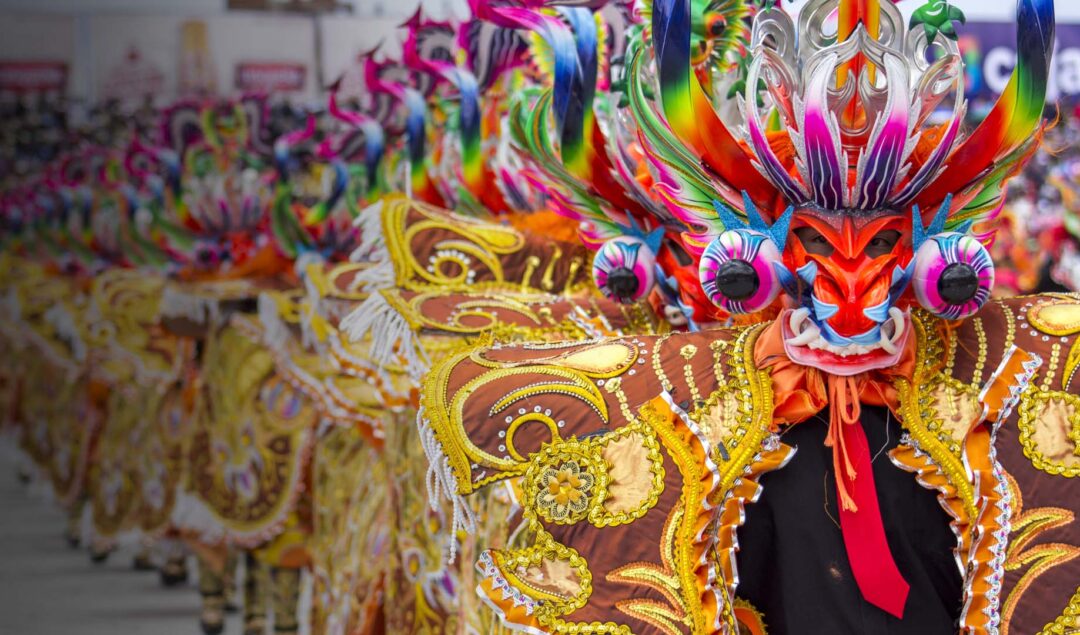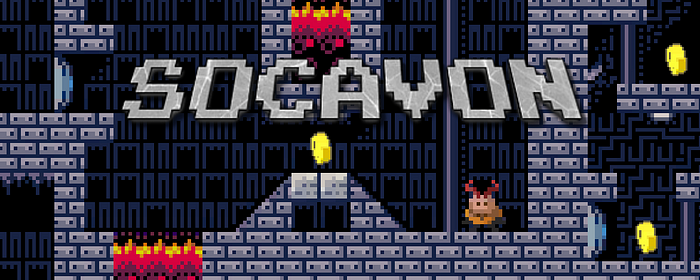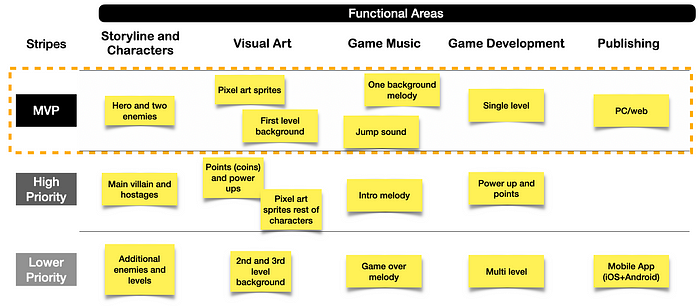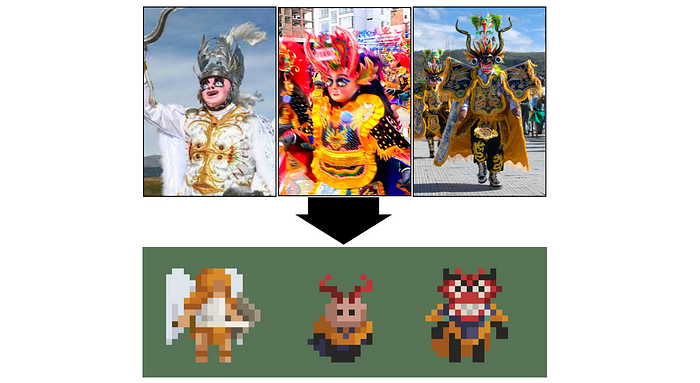Creating A Video Game Inspired By Folklore From My Peruvian Heritage

This article was first published by Ruben D Galvan on Medium.
Creating Socavon was a deeply meaningful experience for me. It allowed me to create something truly unique while incorporating my roots and passion for storytelling.

Play Socavon here <<<<<<<<
Socavon
A few months back, I listened to the song VOLVIÓ A LATIR — Milena Warthon x Chila Jatun, and a world of opportunity opened up.
Milena Warthon and Chila Jatun have created a masterpiece by modernizing iconic sounds from the Andes. The song hits a special chord with me because I grew up with this music. My grandma is from Puno, and I have the most joyful memories of dancing to the tune of Diablada, Caporates, Tinkus, and Waca Waca.
The song really made me think of how rich Peruvian culture is, and how the narrative of these traditions can be applied to other forms of media. I was especially interested in video games for their ability to tell stories and the amount of art that you can pack in them (characters stories, visual styles, music, etc.).
I gave myself the goal of creating a game as fast as possible and for as little money as possible. I have never created a video game, but I enjoy technical challenges and I am a great Product Manager 😀 who can figure out scrappy ways to create a Minimum Viable Product (MVP).
Product Approach
My approach to the MVP was to split the whole game into functional areas (verticals) and prioritize what were the most important features for each area. Then I split the features into horizontal stripes to ensure that each stripe produces an end-to-end experience. Special shoutout to Alex Cowan and his Product Management class on Coursera for explaining this development concept! The game was split into five areas, each with a set of MVP features.

Storyline and characters
The game was inspired by a dance called Diablada, or Dance of the Devils. This dance has its roots in ancient Andean civilizations, and it’s danced in many communities in Peru, Bolivia, and Chile, especially around Lake Titicaca. The dance, like most hispanic tradition, is the product of colonialism, a mixture of Andean tradition with Spanish influence. It depicts a struggle between Lucifer and the archangel Saint Michael in a vibrant display of skill and showmanship.
One of the main characters in this tradition is the Virgen del Socavon, venerated by miners who ask for protection. Socavon (sinkhole or mineshaft) seemed like the perfect name for going to the underworld and facing devils.
Socavon tells the story of the archangel Miguel heading down the Socavon to rescue miners who have been trapped and are surrounded by devils. This rescue story reminded me of Mario, so I figure a platformer style game would be best for it.
Visual Art
Having settled into a platformer game, I wanted to give the game an old-school feel so I went for pixel art. With my limited graphic design skills, I went to the next best place for expert support, Fiverr. $33.25 later, I had animated pixel art sprites for all my base characters. For the MVP, I was interested in just the first level, and for Free-99 I was able to get a cave-looking platformer level from opengameart.org.

Game Music
Music is super important to me, and I wanted it to be inspired by Peruvian music while keeping the old-school gaming feel. I decided Chiptune music would be a great fit and had a music producer on Fiverr create three Chiptune melodies ($35) inspired by Peruvian sounds. Below is the cumbia version, although I didn’t use this in the MVP, I thought of this track as the background for future levels.
Game development
As much as I wanted to add Unity to my tool belt, time is precious. Instead, I hired a developer from Fiver to take all the Socavon assets and develop the game (~$35). The biggest lift was documenting requirements and explaning how each asset (graphics and sound) were to be used.
Publishing
With the goal of moving fast, I was looking for a place where I could self-publish for free with easy access for anyone interested in trying out the game. I picked simmer.io for it’s zero cost and easy to upload process, in seconds Socavon was ready to be played.
What I learned
- This experience reinforced the versatility of Product Management skills and their potential to contribute to success in different domains.
- Creating a video game for the first time is an incredibly fun and rewarding experience. From conceptualizing the game’s idea to bringing it to life through coding, artwork, and sound, the journey is filled with excitement and creativity.
- Video games provide an opportunity to empower representation. There are many tools out there to create and share diverse stories through games.
This article was first published by Ruben D Galvan on Medium.



